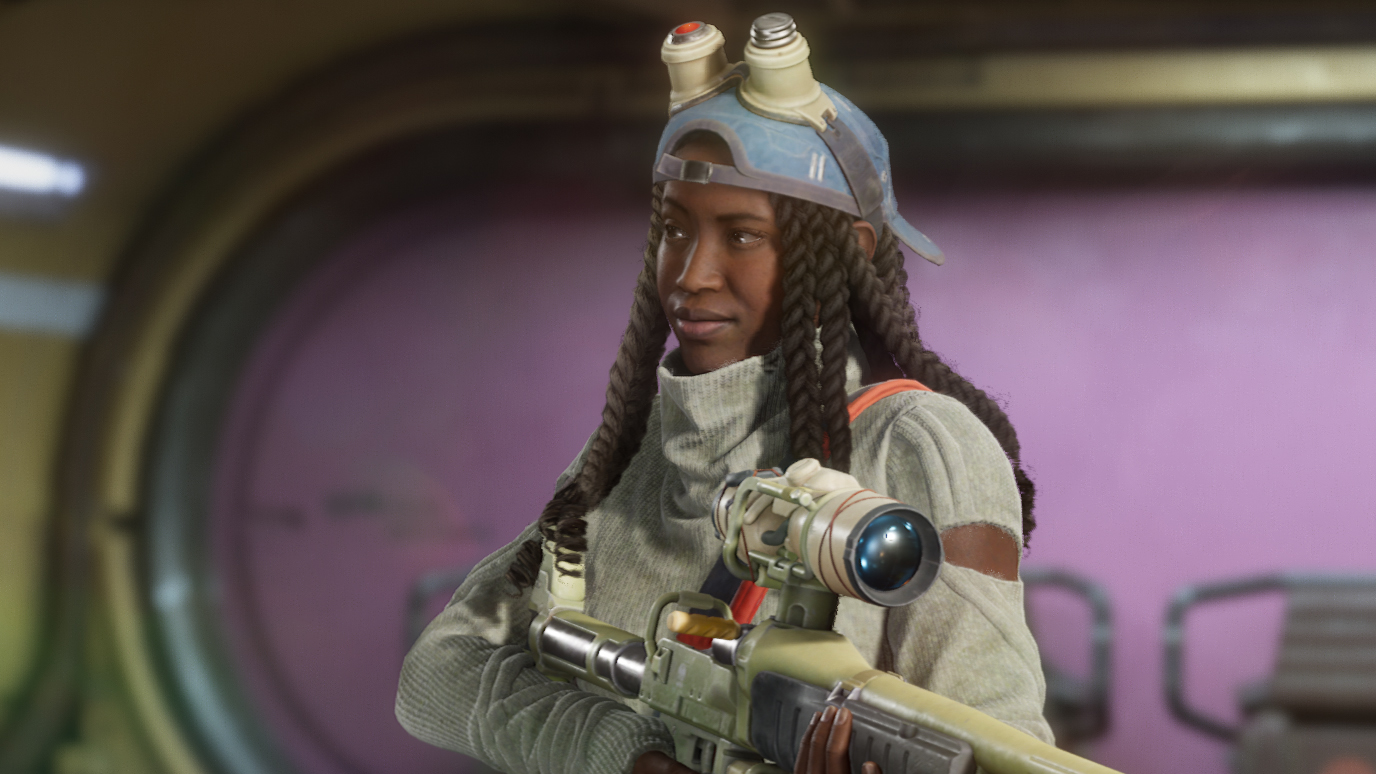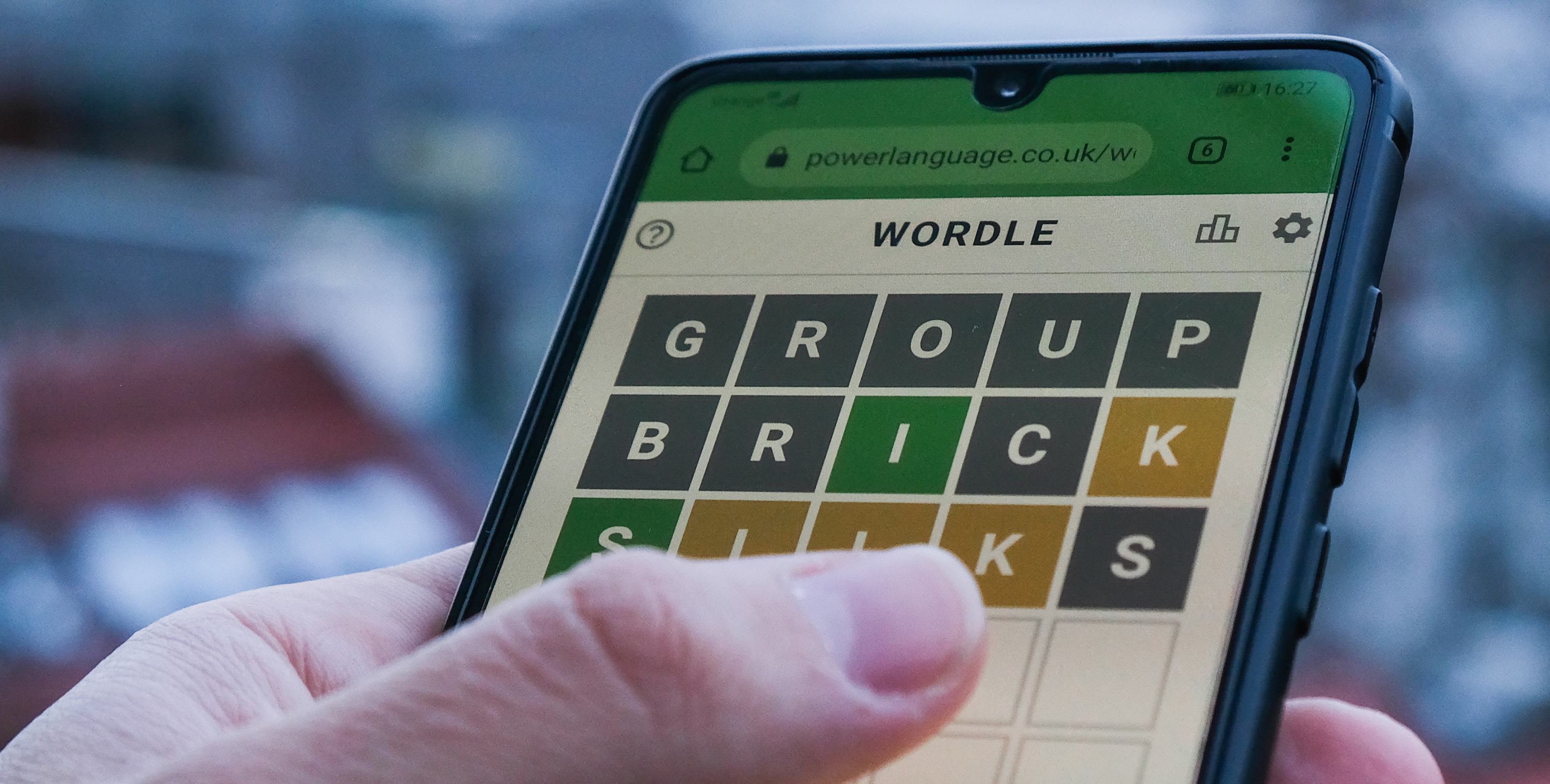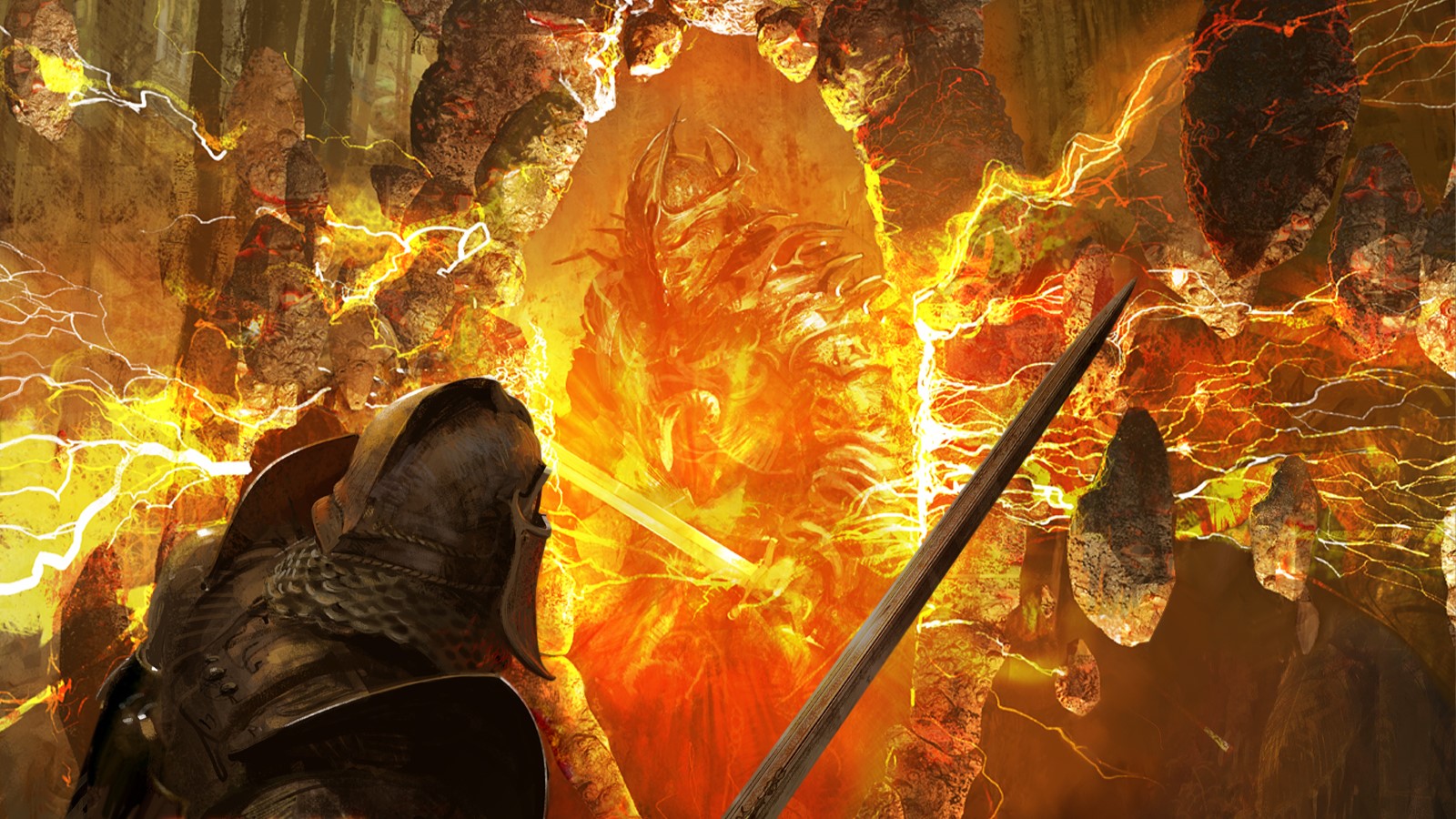
The PlayStation maker says singleplayer games are its strength, but it's not calling it quits on multiplayer after Concord bombed.
Sony says it should have solicited more internal and external feedback before launching Concord, the multiplayer shooter that sold so poorly the publisher canned it just two weeks after it launched. Next time, Sony will need “more detailed confirmation, or validation” that a given live service game can be successful, executive Hiroki Totoki said during a recent Q&A with investors.
“We are still in the process of learning,” Totoki said through a translator in response to a question about Sony’s live service pursuits. “And with regard to new IP, of course you don’t know the result until you actually try it. So, probably, we need to have a lot of gates, including user testing and internal evaluation, and the timing of such gates, we need to bring them forward. We should have done those gates much earlier than we did [for Concord].
“And also, we have a siloed organization, so going beyond the boundaries of that organization in terms of development and also sales—I think that could have been much smoother.”
Answering another question about Concord, Totoki reiterated that more “gates” would’ve allowed Sony to determine “whether [Concord] would be accepted by users or not” and said that a need for more information is the company’s main takeaway from its big live service misadventure.
Looking back, there’s no doubt that getting Concord into the public hands earlier would’ve been wise: its gameplay was first shown to the public just months before it launched, leaving little time for the playtests to reveal that, actually, people were not drawn to this particular hero shooter concoction.
But if there are general rules like ‘solicit feedback early’ that lead to multiplayer success, they’re elusive. Sony also published Helldivers 2 this year for the same price as Concord, and it was an enormous success. That game wasn’t quite as much of an unknown quantity when it launched—we listed it in our 2023 “Most Wanted” list of anticipated PC games—but it was still a surprise hit for a lot of its players, and wasn’t preceded by a bunch of public betas. So it can’t be said that lengthy listening periods are always essential, and who knows whether putting Concord in front of players earlier would’ve led to a successful pivot. We know now that any pivot would’ve been worth trying, but only in hindsight. (I kind of liked Concord myself.)
You’ve got to tell investors something, though, especially after spending the kind of money Sony spent on Concord. We don’t have an exact figure, but aside from the game’s budget, Sony acquired the studio mid-development and, after Concord bombed, promptly closed it instead of pointing that staff at something new.
During a different part of the investors call, Totoki said that Sony’s strength is in singleplayer games, which “have a higher predictability of becoming hits” thanks to the company’s “proven IP.” He added, however, that Sony will also continue to release live service games “that pursue upside while taking on a certain amount of risk upon release.”
It’s a lot of risk, if Concord is anything to go by, but maybe a lot of upside—pardon the corpo speak—if you look at Helldivers 2. Sony really couldn’t have had more perfectly opposed game releases this year.






